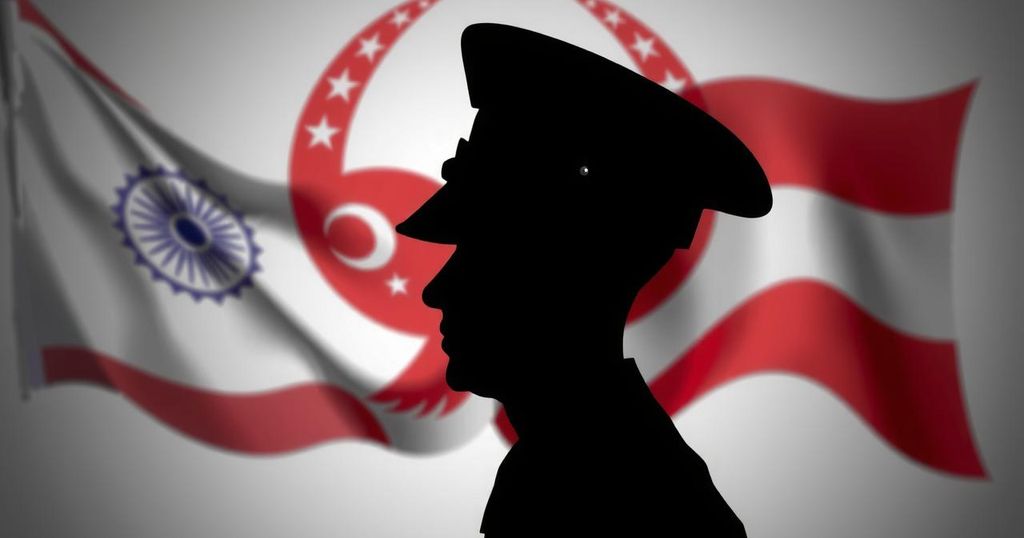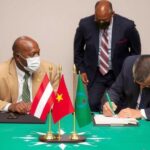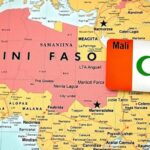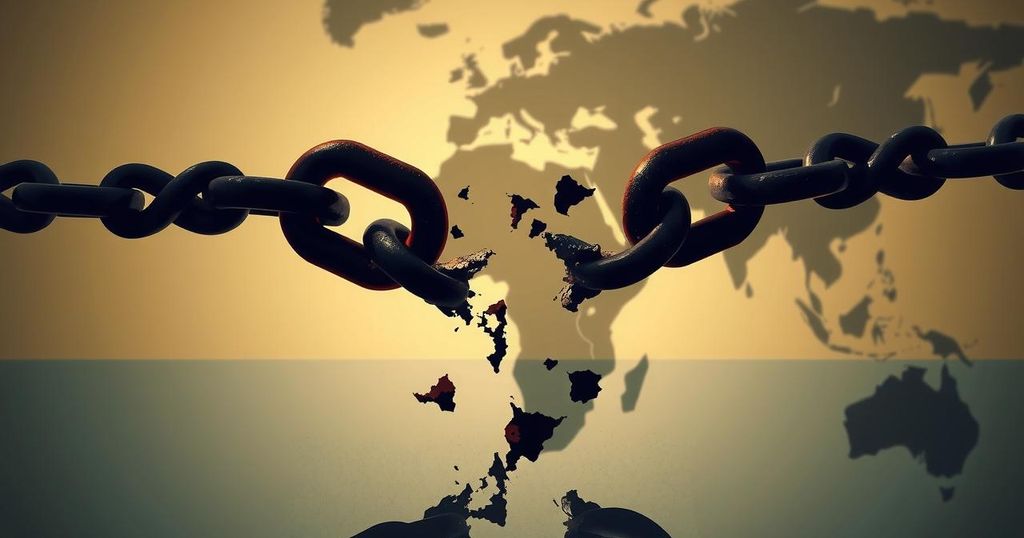Concerns Arise Over Gun-Wielding Leader’s Attendance at Ghana’s Inauguration
Captain Ibrahim Traore, Burkina Faso’s military leader, attending Ghana’s presidential inauguration with a holstered weapon has prompted concerns over security protocols and lack of trust in Ghanaian authorities. His presence at the event was seen as both unconventional and a potential breach of decorum in a diplomatic setting. This incident highlights the ongoing tension and complex relations among West African nations amidst security challenges.
The attendance of Burkina Faso’s military leader, Captain Ibrahim Traore, at the inauguration of Ghanaian President John Mahama, with a visible holstered firearm, has raised significant concerns regarding security protocols and trust. His decision to carry a sidearm during the ceremony has been perceived as a potential breach of decorum, suggesting a lack of confidence in the Ghanaian authorities’ ability to ensure his safety. The new Ghanaian government has yet to address inquiries regarding whether Traore was authorized to carry the weapon.
Captain Traore was one of 21 heads of state at the inauguration, following President Mahama’s decisive victory over the former administration’s candidate, Mahamudu Bawumia, in recent elections. The atmosphere in West Africa remains tense, particularly for military-led governments like that of Burkina Faso, which recently withdrew from the regional bloc, Ecowas, alongside Mali and Niger to form a new alliance.
Security experts have voiced their discomfort regarding Traore’s display of a firearm, emphasizing that hosting nations should guarantee the safety of visiting leaders. Analyst Vladmir Antwi Danso remarked that such an instance indicates either poor planning between Ghanaian and Burkinabe authorities or an unorthodox agreement that allowed Traore to wear military attire and conceal his weapon.
Contrasting viewpoints emerged from Retired Colonel Festus Aboagye, who pointed out that while the host nation typically handles security responsibility, bilateral arrangements might necessitate deviations. He contended that there may have been mutual consent permitting Traore to appear in uniform with his firearm and personal security detail.
Emmanuel Bensah, a regional integration expert, noted that the act of attending a democratic ceremony while armed carries awkward connotations of military power. Furthermore, diplomatic relations between Ghana and Burkina Faso have been strained, particularly following accusations by former Ghanaian President Nana Akufo-Addo alleging Traore of collusion with Russian mercenaries. However, Traore’s presence was interpreted as a diplomatic overture aimed at mending ties, especially as Ghana’s cooperation is vital in addressing Burkina Faso’s ongoing challenges with militant insurgencies.
The recent inauguration of President John Mahama in Ghana was marked by the controversial attendance of Burkina Faso’s military leader, Captain Ibrahim Traore. His decision to carry a holstered firearm during a diplomatic ceremony raises critical questions about security protocols and intergovernmental relations in a region facing unrest due to ongoing militant activities. The backdrop of strained relationships, particularly following political accusations, adds to the significance of this event.
In conclusion, Captain Ibrahim Traore’s appearance at the Ghanaian inauguration with a sidearm has sparked discussions about security protocol violations and the implications of his military presence in a democratic context. Despite criticisms, this act may signify a diplomatic willingness to improve relations between Burkina Faso and Ghana amidst ongoing security challenges in the region. The situation underscores the complex dynamics of leadership and security within West Africa’s evolving political landscape.
Original Source: www.bbc.co.uk








Post Comment